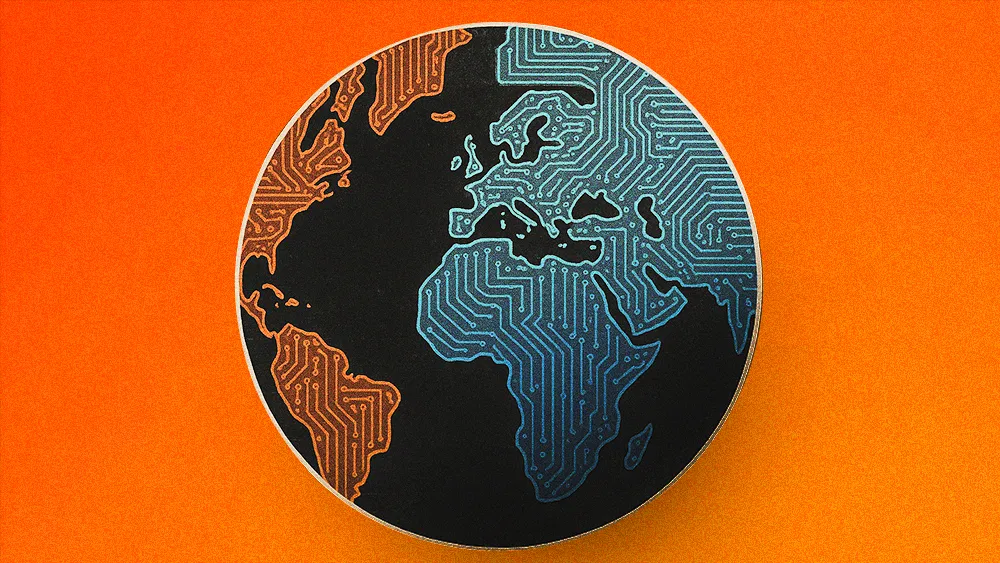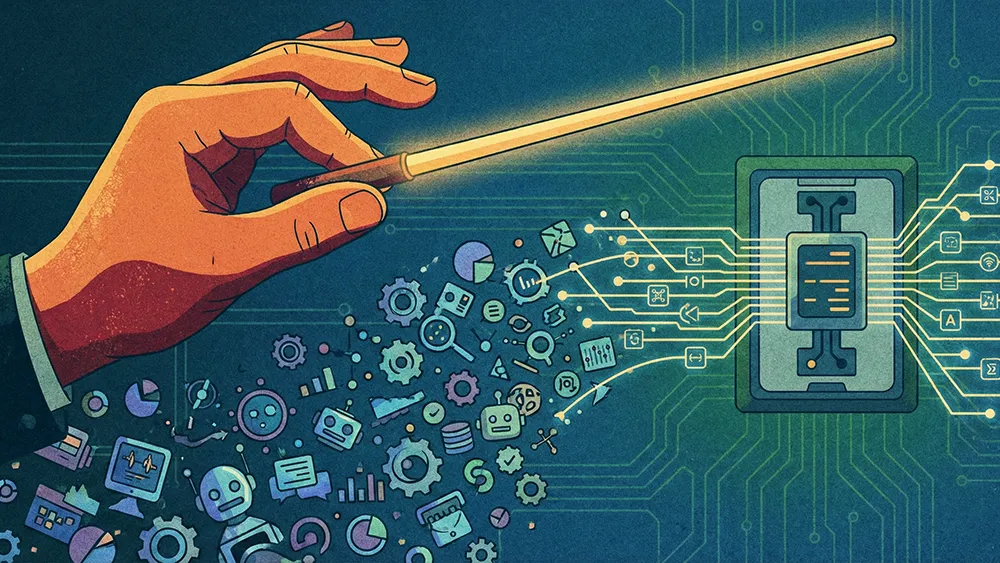A new world order is being forged in the cloud. As the "scale globally, ask questions later" principle of digital transformation collapses under the weight of its own success, a new doctrine rises instead: "local by default, global by permission." Now, some experts say the moment could force a global re-evaluation of how enterprise technology is bought, built, and governed.
To learn more, we spoke with Nicola Cogotti, Founder and CEO of UK software development firm Alpha Cogs. Cogotti is best known for architecting scalable, secure cloud-native solutions for high-profile clients like Alexander McQueen and the Royal Opera House. He said his industry is now getting a wake-up call it can no longer ignore.
The power to influence a war with the flip of a switch has exposed the risk of dependency on foreign technology providers, Cogotti said. Now, instead of a compliance afterthought, sovereignty in AI and cloud infrastructure is shaping massive capital decisions and redrawing the map of digital power.
The geopolitical wake-up call: "It’s a wake-up call: today, governments and corporations don’t truly control their technologies. Sovereignty isn’t optional anymore—it’s essential, both for data and for the tech that powers it."
Giants in the clouds: Even the hyperscalers are taking notice. "AWS, one of our key partners, was the first cloud provider to respond to global sovereignty concerns in a transformative way by launching the first European Sovereign Cloud Region," noted Cogotti. The move signals that even the largest players recognize the geopolitical stakes—and the growing demand for digital independence.
Cascading consequences: For Cogotti, the current push for AI sovereignty is a direct reaction to the first cloud boom. The fragility of the old model was made painfully clear when a minor software update from a single vendor had cascading, global consequences. "The rush to cloud was the right move—it unlocked incredible opportunities. But we missed a crucial question: should we have built some of our own instead of outsourcing such a strategic technology entirely abroad?"
The realization is already driving a fundamental change in how many companies invest, Cogotti said. But it also marks a definitive shift away from "vendor-lock" subscription models, with countries like Italy halting spending until they can guarantee ownership over their tech backbone.
Now, the power of this moment is proven by the fact that tech giants are not leading this trend but reacting to it. For the first time in over a decade, US-based hyperscalers are being forced to decentralize, establishing sovereign regions as a condition of market access. Already, the added pressure is encouraging some foreign providers to fill the gap.
The competitive launchpad: "This is a perfect opportunity for European IT companies to step up and meet the challenge head-on. This is a huge opportunity for European IT firms. They may not outscale U.S. or Chinese giants, but they can build meaningful alternatives that redefine value in this sovereign era."
A new model for globalism: The new era does not mean the end of globalization, Cogotti clarified, just its radical redefinition. Replacing the old model of borderless expansion is a more mature, balanced approach. "Pure globalism is not going to work. I believe that countries, but also continents, are realizing that we need to be globalized while preserving localization. We cannot go into pure globalization mode, renouncing sovereignty entirely."
Ultimately, Cogotti concluded, the debate is about who will act in time to secure their independence. "The biggest risk right now is missing the train. It's not going to be an easy shift. It needs to be a well-organized move. It just needs to be done right, and it needs to be done once and for all. The real risk is hesitation. In sovereignty, you don’t get many second chances—so the time to act is now."









